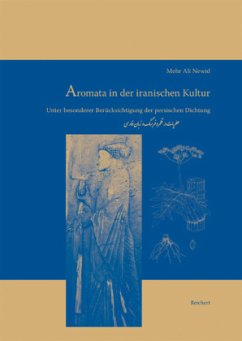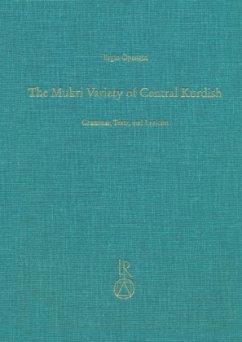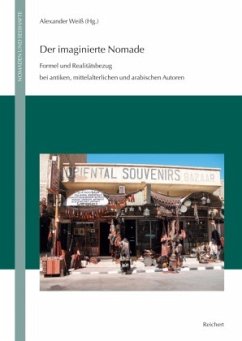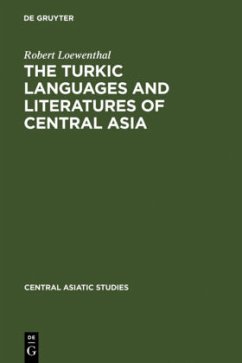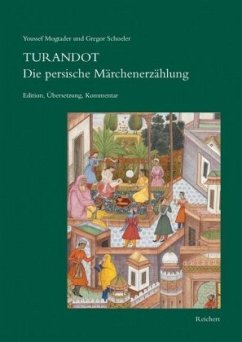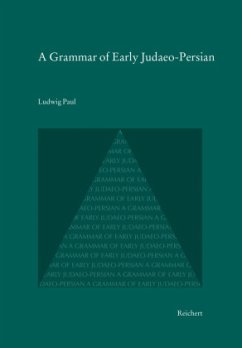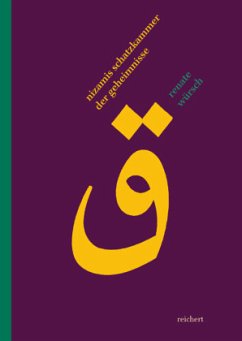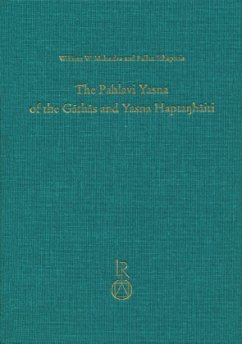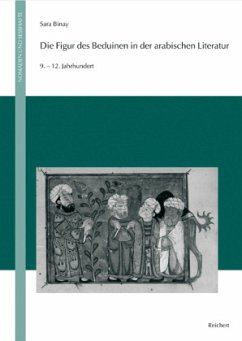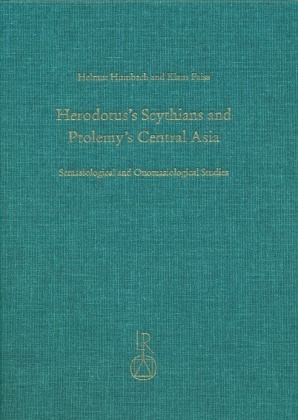
Herodotus's Scythians and Ptolemy's Central Asia
Semasiological and Onomasiological Studies
Versandkostenfrei!
Versandfertig in 2-4 Wochen
39,00 €
inkl. MwSt.

PAYBACK Punkte
0 °P sammeln!
This book covers semasiological and onomasiological studies on Herodotus and Ptolemy. In part A on Herodotus are first discussed the names of gods and persons collected in his famous portrayal of the Scythians of the northern Black Sea region, a well-known Iranian people, and secondly the Scythian tribes living on the northern border of Darius the Great's empire.The link between Herodotus and Ptolemy is established by the fact that Ptolemy also mentions Scythians, namely in his description of the Central Asiatic countries as in Book 6 of his 'Geography,' which dates from about 150 C.E. and so ...
This book covers semasiological and onomasiological studies on Herodotus and Ptolemy. In part A on Herodotus are first discussed the names of gods and persons collected in his famous portrayal of the Scythians of the northern Black Sea region, a well-known Iranian people, and secondly the Scythian tribes living on the northern border of Darius the Great's empire.
The link between Herodotus and Ptolemy is established by the fact that Ptolemy also mentions Scythians, namely in his description of the Central Asiatic countries as in Book 6 of his 'Geography,' which dates from about 150 C.E. and so being ca. 600 years younger. The description of those countries tackled in part B is the main subject of the investigation.
For the first time in the long tradition of Ptolemy studies the numerous predominantly geographical and ethnographical names are examined philologically. They are of very different origins. Preserved in bad condition, they principally consist of epithets of deities allowing a deeper insight into the religious rather than the political and cultural background of the time.
The indexes C and D serve to better understand the meaning of the entries in part B.
The link between Herodotus and Ptolemy is established by the fact that Ptolemy also mentions Scythians, namely in his description of the Central Asiatic countries as in Book 6 of his 'Geography,' which dates from about 150 C.E. and so being ca. 600 years younger. The description of those countries tackled in part B is the main subject of the investigation.
For the first time in the long tradition of Ptolemy studies the numerous predominantly geographical and ethnographical names are examined philologically. They are of very different origins. Preserved in bad condition, they principally consist of epithets of deities allowing a deeper insight into the religious rather than the political and cultural background of the time.
The indexes C and D serve to better understand the meaning of the entries in part B.
Dieser Artikel kann nur an eine deutsche Lieferadresse ausgeliefert werden.



